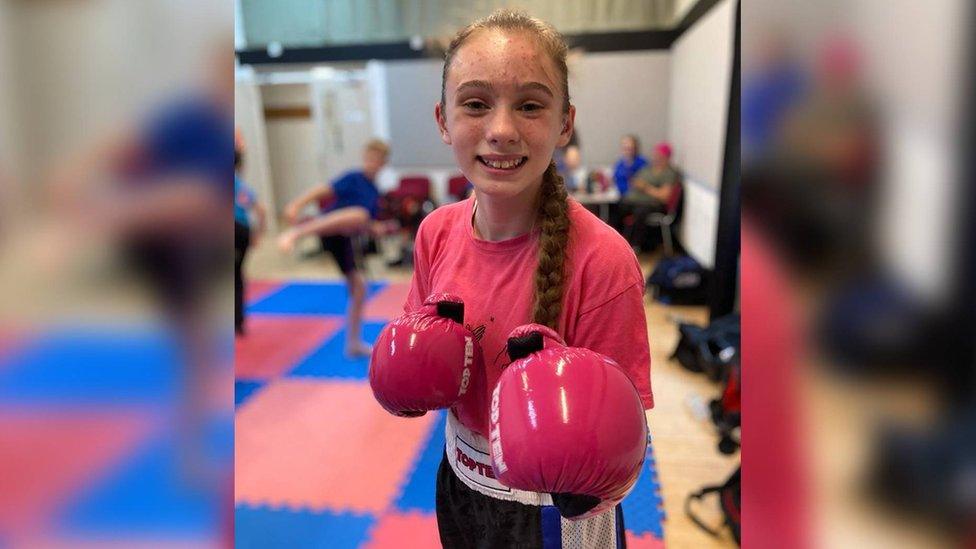Pioneering deaf teacher and suffragette honoured
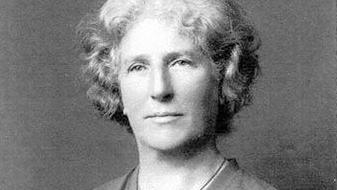
Mary Hare was a pioneering teacher for the deaf and an active suffragette
- Published
A woman who became a pioneering teacher for deaf young people and a key figure in the suffragette movement is to be honoured with a blue plaque.
The tribute to Mary Hare will be unveiled on Saturday in St Michael's Place, Brighton, where she lived and taught from 1895 to 1901.
Campaigners said her foremost achievement was founding a school for deaf children, which is now Berkshire's Mary Hare School.
School alumna Margaret Stewart proposed and raised funds for the plaque alongside Brighton and Hove Women's History Group, before it was approved by Brighton & Hove City Council.
Ms Stewart said that when she was at the school, pupils had "no idea what Mary Hare had done in her life".
She said: "It was quite a surprise when, in 2018, I came across an exibition of the 100th anniversary of the suffragettes and I noticed how Mary Hare was involved and made such a huge impact in women's equality and her work with deaf children."
Publicity for Saturday's unveiling described Miss Hare as "ahead of her time in championing the rights and wellbeing of deaf children and women" and a revolutionary campaigner.
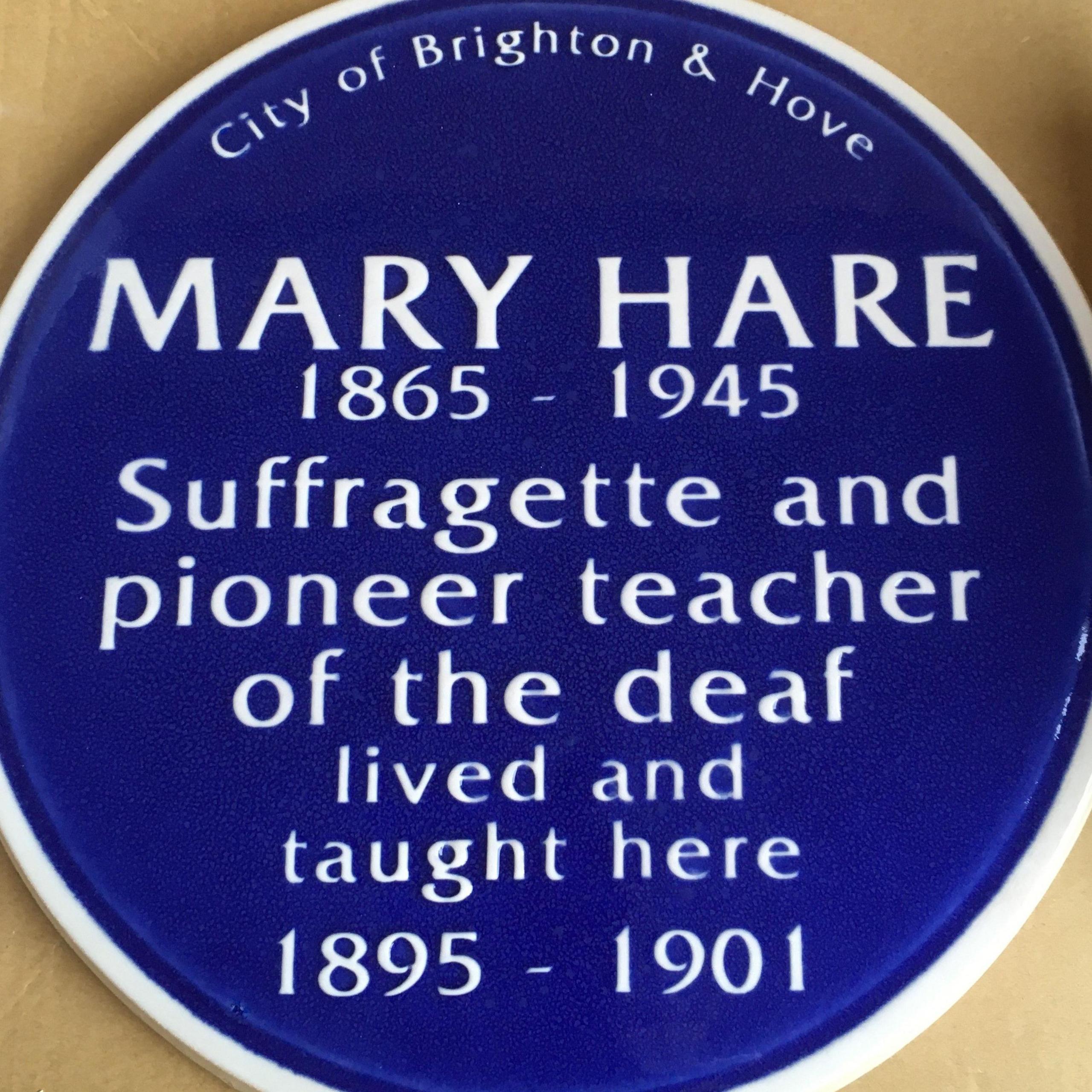
A blue plaque is being unveiled where Mary Hare lived in Brighton
Born in London in 1865, Miss Hare established the Dene Hollow Oral School for the Deaf, external, in Brighton before it eventually moved to Burgess Hill, Sussex, in 1916.
After she died in 1945, the school was renamed the Mary Hare Grammar School, and later known as Mary Hare School, it moved to Newbury in 1949.
During World War One, Miss Hare, who was an active suffragette, established a women's police force in Brighton.
Her entry in the Oxford Dictionary of National Biography records how in 1919 she was elected as the first woman to serve on Burgess Hill Urban District Council, remaining a member for the next 20 years.
A spokeswoman for Mary Hare School said their founder's work largely took place in Brighton.
She described her vision as being that "deafness simply brought an additional barrier to learning and that, with the right approach to learning, deaf children were as apt as any other to learning and accessing the curriculum".
Miss Hare taught deaf children through an oral approach, she said, which is an approach still taught at the school.
It now describes itself as now being the largest residential school for deaf young people from ages four to 19, where Miss Hare's legacy continues to this day.
Follow BBC South East on Facebook, external, on X,, external and on Instagram, external, external. Send your story ideas to southeasttoday@bbc.co.uk, or WhatsApp us on 08081 002250.
See also
- Published28 February 2024
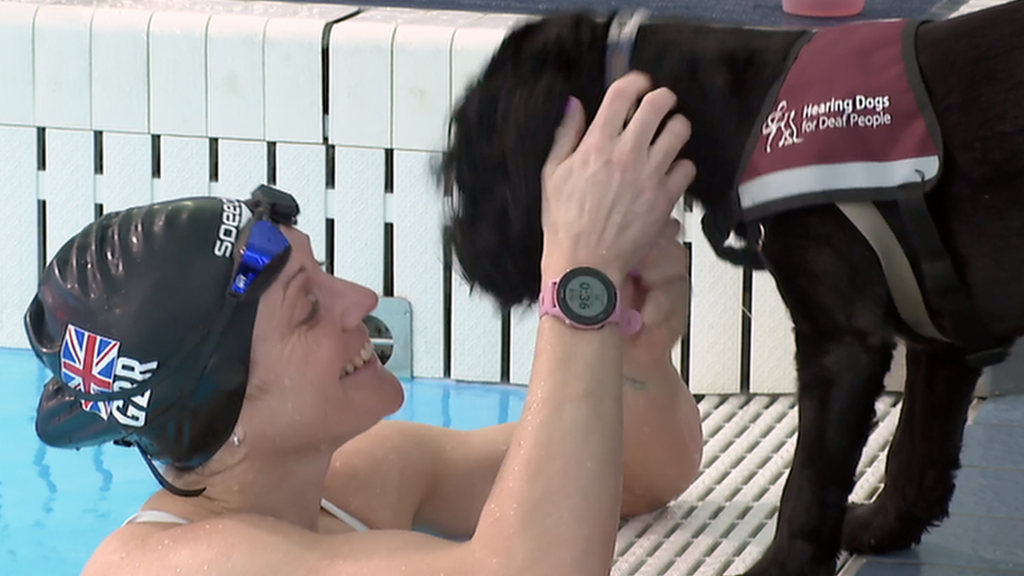
- Published18 January 2024
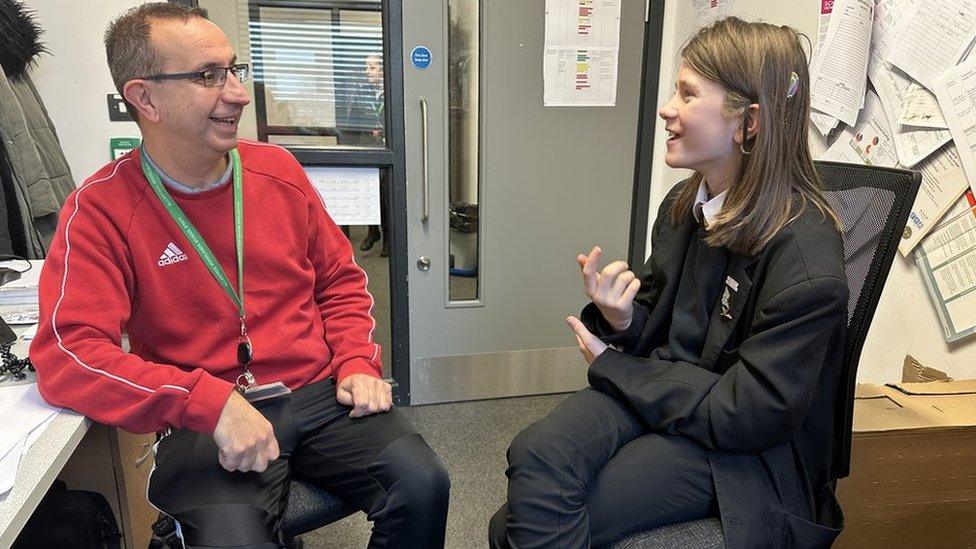
- Published1 November 2023
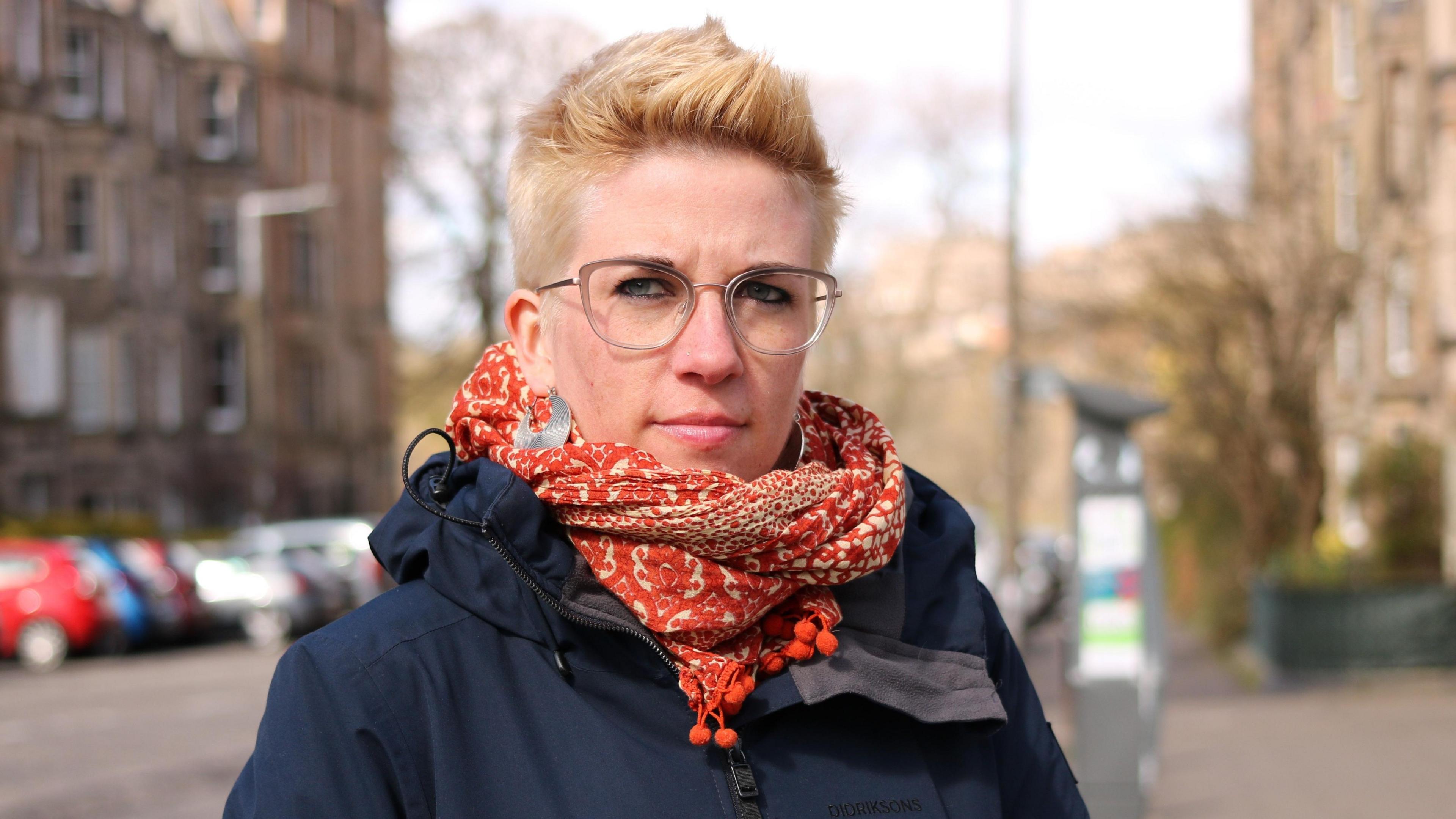
- Published16 September 2023
